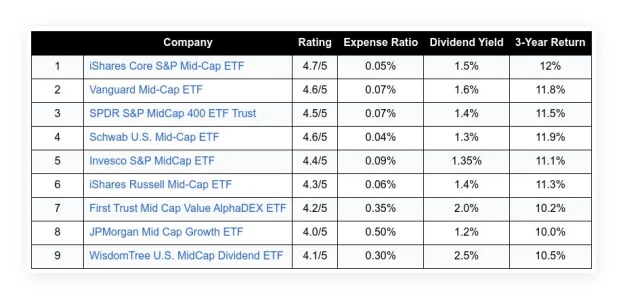Recent economic data show that cumulative wage gains have finally surpassed the sharp rise in consumer prices that has plagued the economy for several years. This milestone marks the first time since the inflation surge began that American households have experienced real income growth after accounting for higher prices.
The crossover point comes after nearly two years of persistent inflation that eroded purchasing power for millions of Americans. Workers have seen their paychecks stretch further in recent months as wage growth continues, while inflation has gradually cooled from its peak levels.
However, economists and financial analysts warn that this positive development does not necessarily signal the end of economic hardships for many households. The gains remain uneven across income brackets, industries, and geographic regions.
The Long Road to Recovery
The journey to this point has been difficult for American consumers. Following the pandemic-era economic disruptions, inflation surged to levels not seen in four decades, peaking above 9% in mid-2022. During this period, nominal wage increases, while substantial by historical standards, failed to keep pace with rapidly rising prices.
Labor Department statistics indicate that the average worker is now slightly ahead in the race between earnings and expenses. This represents a meaningful shift from the negative real wage growth that characterized much of 2021 and 2022.
This is technically good news, but we need to put it in proper context,” explains one economic analyst who studies consumer spending patterns. Many households depleted savings or took on debt during the high-inflation period, so they’re not necessarily feeling financial relief yet.
Uneven Distribution of Gains
The aggregate data masks significant disparities in how different groups have fared. Workers in high-demand sectors like technology and healthcare have generally seen more substantial wage increases, while those in service industries and retail have experienced more modest gains.
Regional differences also play a role. Workers in metropolitan areas with competitive labor markets have generally fared better than those in rural regions. Additionally, lower-income households typically spend a larger percentage of their budgets on necessities like food, housing, and transportation—categories that saw some of the most dramatic price increases.
Key factors affecting household financial health include:
- Prior savings depletion during high-inflation periods
- Accumulated credit card and other consumer debt
- Housing costs that continue to rise in many markets
- Ongoing price volatility in essential categories like food
The Federal Reserve’s Balancing Act
The Federal Reserve has been overseeing wage growth as it determines its next moves on interest rates. While the central bank wants to see workers benefit from a strong labor market, it remains concerned that excessive wage growth could fuel another round of inflation.
Recent statements from Fed officials suggest they view the current pace of wage increases as sustainable and not inherently inflationary. This perspective has contributed to market expectations that the Fed may begin cutting interest rates in the coming months.
The Fed is in a difficult position,” notes a financial market observer. They need to ensure inflation stays contained without unnecessarily restricting economic growth that could lead to more wage gains for workers.
Consumer sentiment surveys show Americans remain cautious about their financial futures despite the positive wage data. Many households report feeling that they are still catching up rather than getting ahead financially.
As the economy continues to evolve post-pandemic, the relationship between wages and prices will remain a critical indicator of household financial health. While the current data represents progress, most economists agree that sustained periods of wage growth exceeding inflation will be necessary before most Americans feel genuine financial improvement.

















